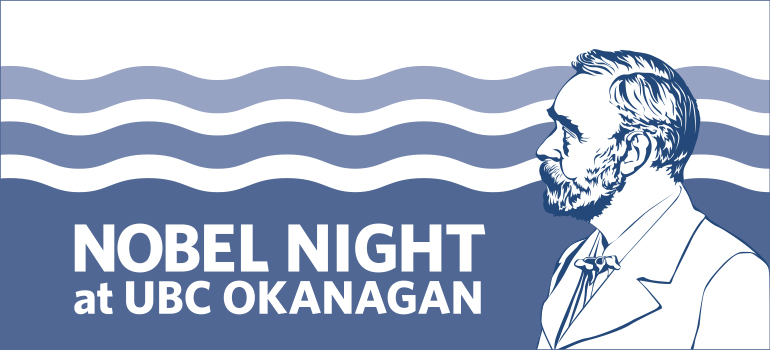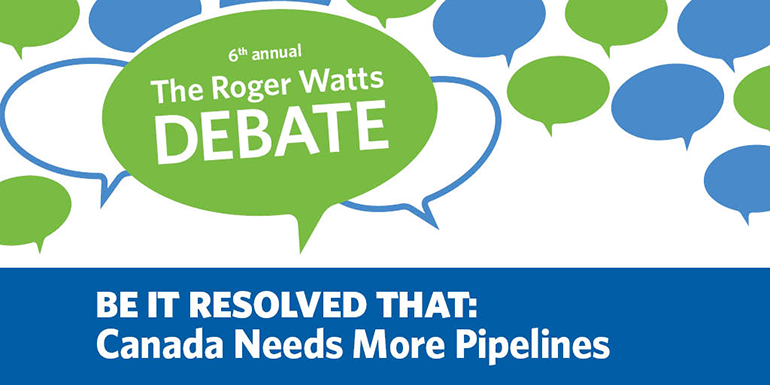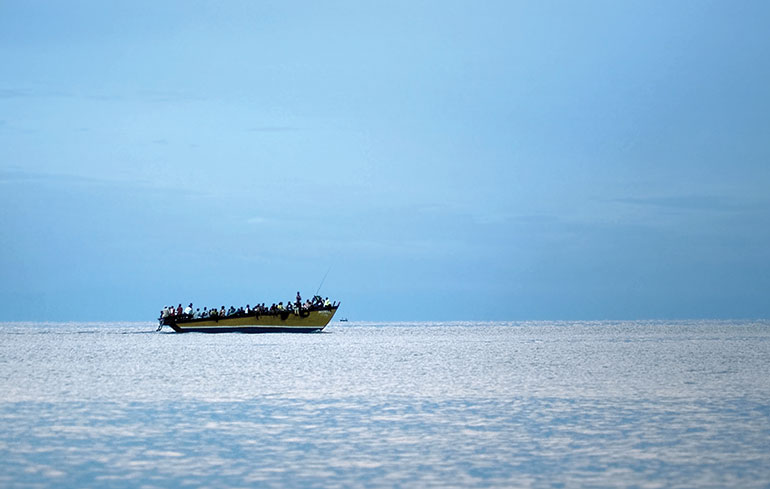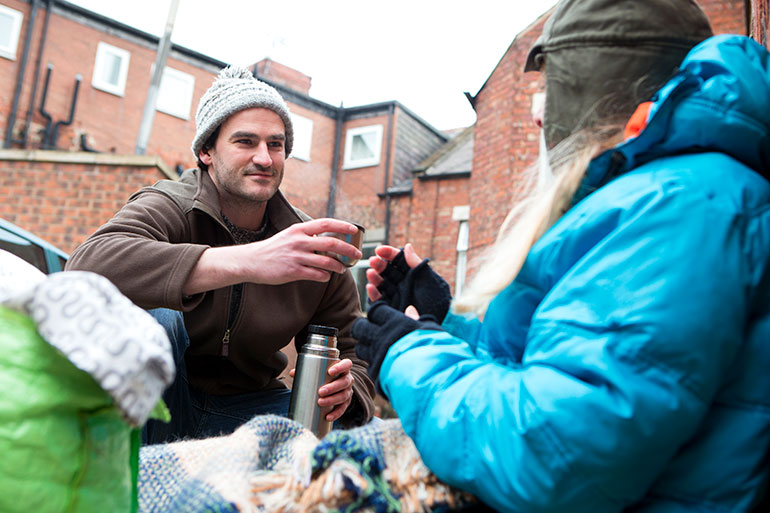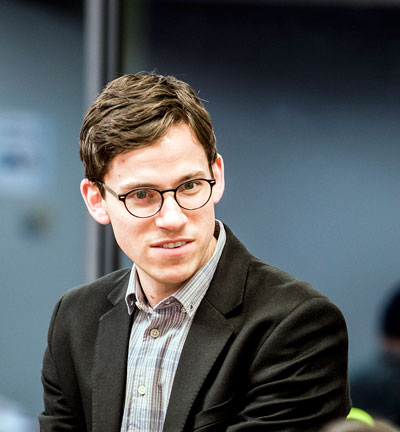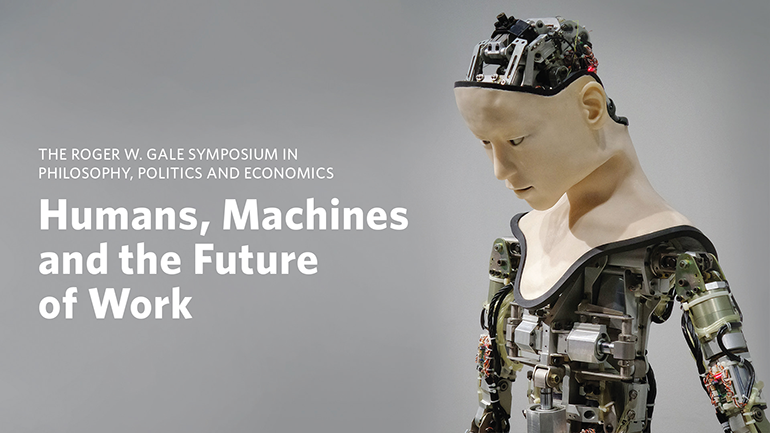
Take a minute to notice how you feel before, during and after your time on something like Facebook or Instagram. Does it pick you up or pull you down?
Along with being socially distant, should we ditch social media?
Even though much of Canada is loosening stay-at-home restrictions, people are realizing that social distancing and working from home is the new normal. And might be for some time.
For most, this means a continuation of personal contact only via social media, texting and video-meetings. But are we now suffering from too much screen time? Should we stay away from social media while we’re social distancing? Or participate in every new Facebook group or chatting app that’s created to help keep us connected?
Susan Holtzman is an associate professor of psychology at UBC Okanagan. Part of her research focuses on how our social environment can influence our physical and emotional well-being during times of stress.
These are stressful times, indeed. And for most, social media is the only point of contact with friends. Should we be limiting our electronic time?
I don’t think people should be too hard on themselves about the time they are spending on social media right now. There is very useful and important information being shared out there and it can be a helpful way to stay connected with friends and family. But there is a “but.” Social media affects people in different ways. For some, it leaves them feeling happier and more connected, but for others it can result in feelings of anxiety, emptiness and inadequacy.
I would suggest taking a minute to notice how you feel before, during and after your time on something like Facebook or Instagram. Does it pick you up or pull you down? If it pulls you down, maybe you need to cut down. Or, maybe you need to use it in a more active way, like sharing pictures, commenting on posts or as a tool to reconnect with old friends.
What’s the best thing about being connected through social media. And perhaps the worst?
There is no denying that this virus has brought a level of devastation to the human population that would have been unimaginable just a few months ago. Through it all, humans continue to have a basic need to feel connected to others and to feel like we belong. Social media has gifted us with the ability to see that we are not alone in our struggles. It has also provided us with access to stories that inspire and make us laugh.
There is a great deal of fear and anxiety in our society right now, and this is completely understandable. However, there is research to suggest that something called “emotional contagion” might be taking place when people are spending time on social media. Emotional contagion is the idea that we can “catch” emotions when we see them online and we can carry those emotions with us into our offline lives. This is another reason to be mindful about what type of social media we are consuming and how it might be affecting our well-being.
Any tips for parents on keeping the kids occupied and entertained?
Being a parent during the pandemic is hard. Really hard. There is no shortage of ideas out there on the internet for how to keep children entertained—from making doll clothes out of old socks, to scavenger hunts, to going on a virtual tour of a museum. There are websites that can transport you anywhere in the world, to Africa to watch gorillas in their habitat or to beaches in Hawaii. But the very presence of all of these ideas can be overwhelming.
Whatever you do, keep your goals simple and realistic. Get outside at least once a day (ideally, to do something physically active), sing or dance to your favourite music, cook or create something together as a family, call or video-chat with a friend or family member. Now is the time to be compassionate to ourselves and understand that we are all just doing the best we can.
What does your research tell us about social media?
Previous research in my lab has shown that digital communication, like texting, doesn’t give us the same boost in positive mood as in-person interactions during times of stress. I think our society is now feeling these effects first-hand. Online communication is the only option that many of us have to stay in touch with our friends and family right now, especially those who are elderly or medically at-risk—but it often doesn’t feel as satisfying as in-person communication.
Generally speaking, research suggests that technology that provides us with more visual and auditory cues, like video-chatting or voice calls, will help us to feel more connected, compared to things like texting or social media (which can absolutely still have benefits). It is safe to say that there is nothing “good” about a pandemic, but I suspect we will see some very innovative and creative new technologies emerge out of this period that will help us to stay connected when distancing measures are in place.
From a public health perspective, one issue that we have recently been investigating in my lab is how social media can be used to perpetuate false information. We remind people to check credible websites, like the BC Centre for Disease Control.
But we know that people aren’t going to stop sharing COVID-related information on social media. UNESCO has actually responded with a social campaign using #ThinkBeforeSharing, #ThinkBeforeClicking and #ShareKnowledge to encourage thoughtful sharing. And reminding us all to be kind during these unusual times.

